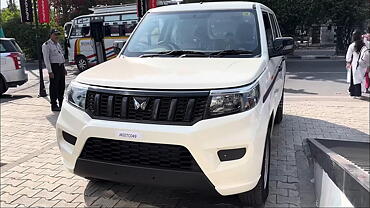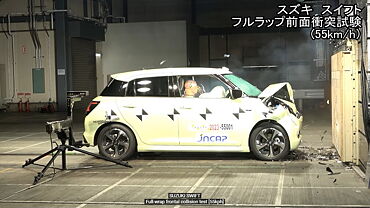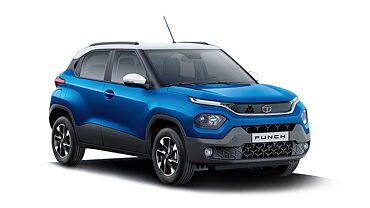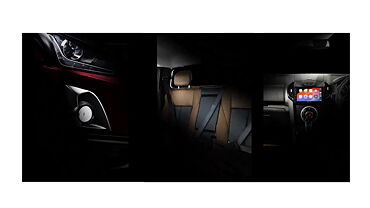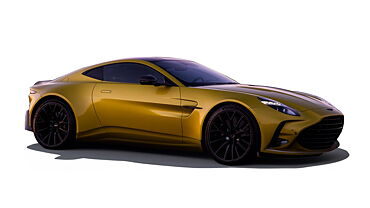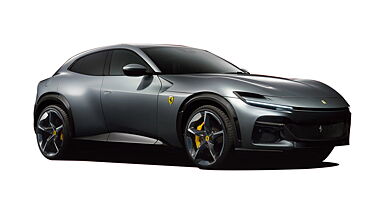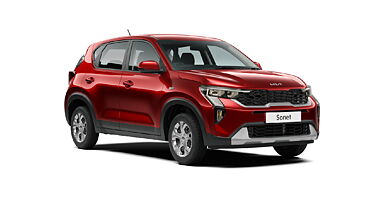Honda Siel Cars India Ltd (HSCI) has been forced to put a break on the bookings for its highly popular Jazz. The reason being shortage in the supply of particular parts and a sudden shoot up in the demand of the car caused due to price cut.
The availability of some prime components that are imported from Japan, such as microchips, has been quite low following the tsunami that hit the country earlier this year. The floods that have ruined vast areas in Thailand could further disrupt plans directed towards improving the output by Honda Motor Co. Ltd and other Japanese car makers.
“The demand for Jazz has taken us by surprise. The initial production target for Jazz was much less,” said a spokesperson at Honda Siel Cars India. “Dealers can’t take more bookings as they have lesser number of cars allocated to them and it becomes irritating for the customers to wait as long as six months for a car,” he further added.
Honda’s local unit is a joint venture with New Delhi-based businessman Siddharth Shriram’s Flagship Company.
Given the demand, the company will start a second shift at its plant in Greater Noida next week to double production, Sen said.
“We shall be able to produce 9,000-10,000 units from next month onwards with the second shift,” Sen said. The situation is likely to improve by the end of November or early December,” said Jnaneswar Sen, Senior Vice-President, Sales and Marketing.
Demand for the Jazz ascended as soon as the prices came down by as much as 23% in August. At least 500 units were sold-off in September against an average of 200 per month before the pricing strategy was adopted. The Jazz has been booked until March next year and Honda’s newly launched small car Brio until January.
The Greater Noida plant has an annual capacity of a minimum production of 1.00,000 units; however, it is currently bringing out just half the number.
Honda undertook an expansion drive by setting up a second plant at Tapukara, Rajasthan, three years ago, with an annual capacity of 60,000 units in the earlier phases, investing about Rs.1,000 crore. However, the facility has not commenced its operations as yet. The first phase of the facility was inaugurated in September 2008 but the company delayed the start of operations because of the slowdown.
It is important to note that Honda imports critical components for the Jazz and the Brio from flood-hit Thailand.
“The situation in Thailand is very grim. It is likely to have an impact. We are still assessing its impact,” Sen said.
Thailand is a key hub for car makers, especially Japanese companies. India has an agreement—known as the early harvest scheme—with Thailand as a part of which components can be imported at lower duty rates. This has prompted many companies to use it as a key sourcing base for components.
“There will be a definite impact on Honda and Toyota operations in India because of the flood, but the question is to what extent and what are your alternate arrangements?” Abdul Majeed, Auto Practice Leader at PricewaterhouseCoopers said.
There will be an “impact on production—major or minor is not yet clear. We have kits in the pipeline till 14 November. The quantum of impact will be clear on 29th or 30th of this month,” said Sandeep Singh, Deputy Managing Director at Toyota Motor Corp.’s Indian unit.
“The localisation levels at our plants are very high. Our dependence on Thailand is very minimal,” said R. Dayal, Executive Director, Production Engineering.






